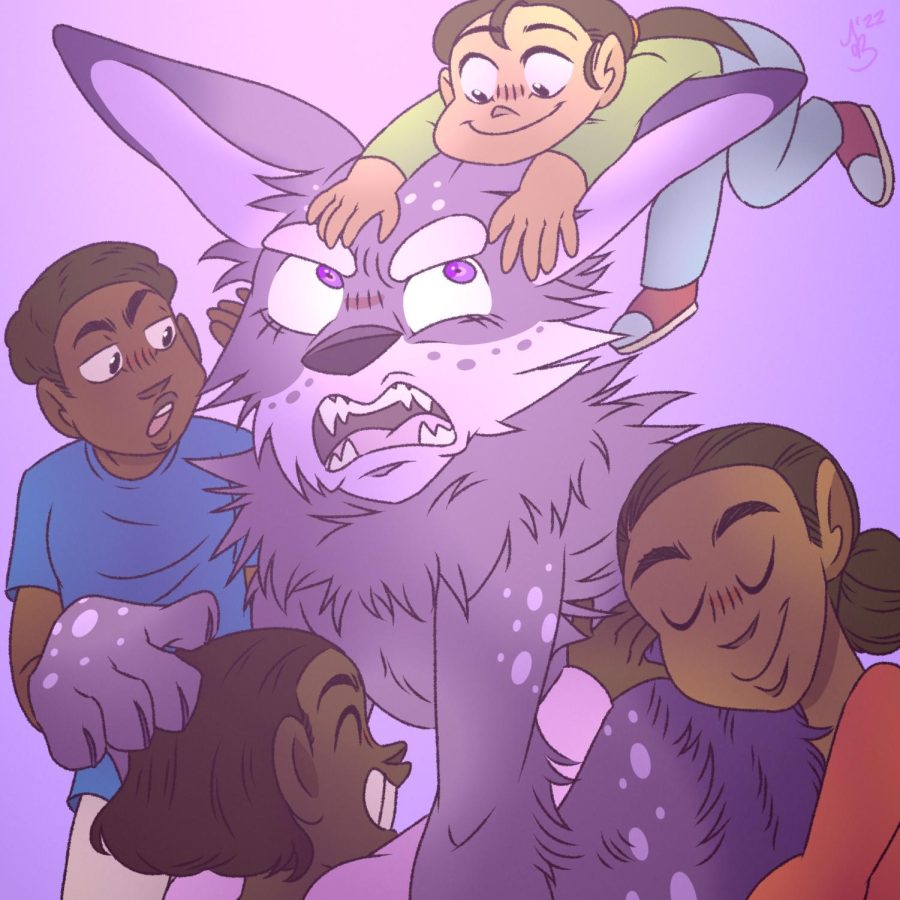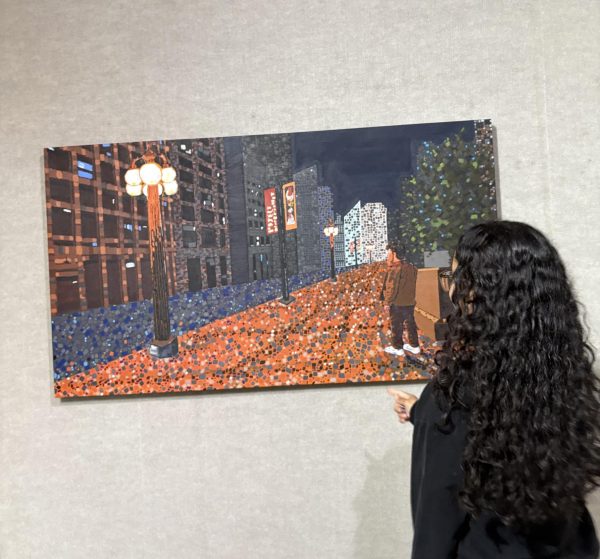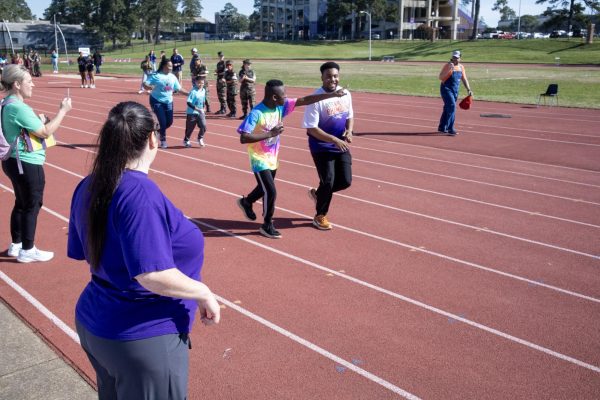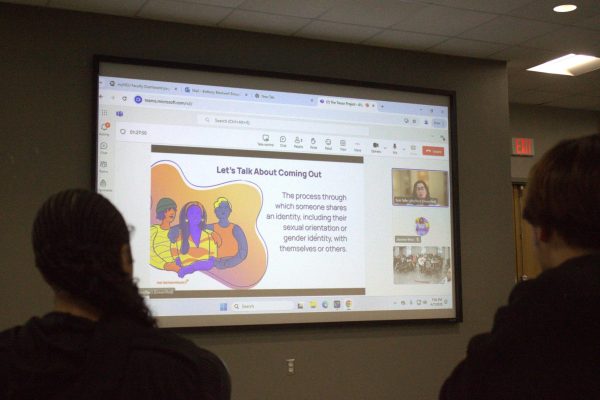“Turning Red” is an unflinching look at tweenhood
Whether you’re a comfortably cringey, yet perfectionistic teen like Mei or anything else, everyone’s got an untamed side that other people may want to know about.
The 2000s was a rather interesting time in the world’s history. From Tamagotchi to the Mary Kate and Ashley video series, the decade made a clear imprint on the popular culture of today. However, Pixar Animation Studios’ newest offering in collaboration with Disney+, “Turning Red,” captures a very specific moment in time: coming of age in Toronto as an Asian-Canadian tween.
The film is centered around Meilin Lee (voiced here by Rosalie Chiang), a 13-year old with a weird family secret: if she feels any strong emotions, she will turn into a red panda. Mei’s mother, voiced masterfully by Sandra Oh, tries in vain to protect her from the ancestral curse. In attempting to protect Mei, she prevents Mei from developing into her own person.
On the surface, Mei is pretty accomplished. However, as a child transitioning into puberty, she desires to assert her independence. This is one of the points that wound up being a point of contention for many on social media.
Although many keyboard warriors have voiced concern about the film encouraging their children to disobey their parents, similar themes of rebellion and asserting independence are present throughout some of the Walt Disney Company repertoires.
Another point of controversy is the frank depiction of Mei’s first menstrual cycle. This is most apparent during the scene where Mei is hiding from her mother in the bathroom. By the time Ming puts two and two together, Mei has transformed fully into her red panda form. Mei is given the talk and she is advised that only a very specific ritual can restore Mei into a fully human form.
A strong point in the film, however, is the emphasis on female friendships. Mei’s circle of friends includes Miriam, Priya and Abby. They continually encourage Mei to carve her own path. They engage in various hustles (“Panda Pics,” anybody?) with the goal of going to see 4-Town, which is a boy band the girls are obsessed with.
For all the controversy is worth, “Turning Red” is an enjoyable romp through coming of age in the early 2000s and the craziness that comes with it.
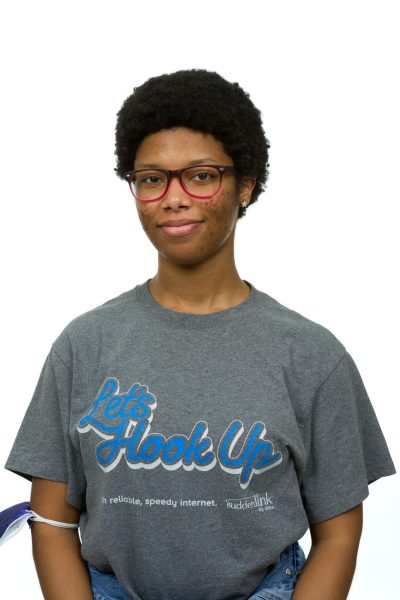
Stephani is a Fine and Graphic Arts Major with a Film Studies Minor. Though this year will be her second year as the Illustrator for The Current Sauce,...





















